Question And Answer
Publications
Articles, publications, books, tools and multimedia features from the U.S. Institute of Peace provide the latest news, analysis, research findings, practitioner guides and reports, all related to the conflict zones and issues that are at the center of the Institute’s work to prevent and reduce violent conflict.
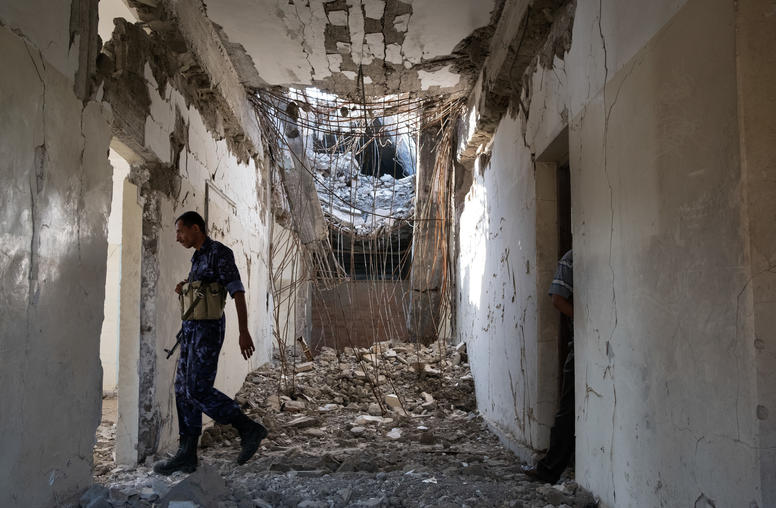
Beneath the Saudi-Iran Proxy War in Yemen, Part 1
Looking at the maneuvers by Iran and the Saudi-led coalition in Yemen from afar, the battlefield looks a lot like a black-and-white contest for regional power. But as the U.S. considers escalating its role in the conflict—and Secretary of Defense Jim Mattis visits Riyadh this week—it is essential to understand how local realities can get lost in a proxy war.

Q&A: Will U.S. Strikes on Syria Change Conflict’s Course?
The United States launched its first air strikes against forces backing Syrian President Bashar al-Assad since the country’s civil war began six years ago, in retaliation for a chemical-weapons attack that killed more than 80 civilian men, women and children. Elie Abouaoun, who is director of Middle East and North Africa programs at the U.S. Institute of Peace and is based in the region, examines the strategic implications, and USIP President Nancy Lindborg, who has worked for nearly 30 years on humanitarian crises and areas affected by conflict, comments on the factors that prompted the U.S. attack.
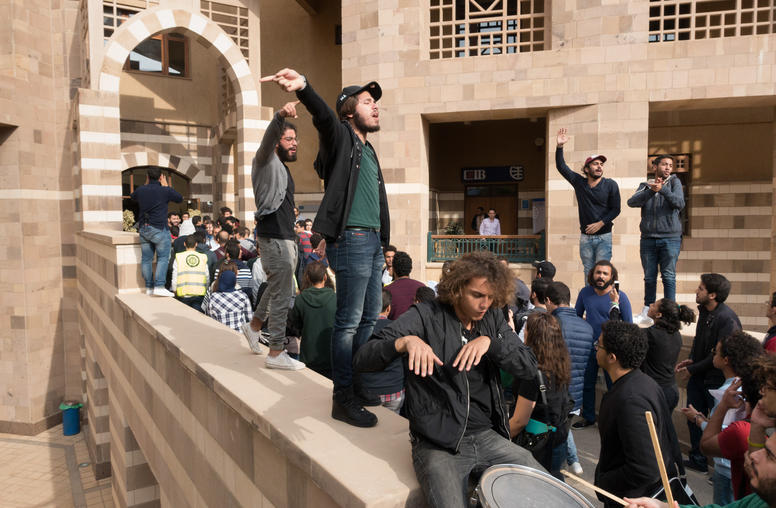
The U.S. Should Not Just Watch North Africa Slip into Chaos
Curbing US involvement abroad was a signal campaign promise of the new US administration. Anything that smacked of nation-building drew the sharpest criticism. The appeal to many voters of such disengagement is understandable and the view is woven into an evolving foreign policy.

Grassroots Work in the Israeli-Palestinian Conflict
Former U.S. Senator George Mitchell, drawing on his experience negotiating the Good Friday Agreement in Northern Ireland and trying for an accord between Israelis and Palestinians, said ending violent conflict requires two critical components: committed political leadership and grassroots efforts that build bridges between peoples.
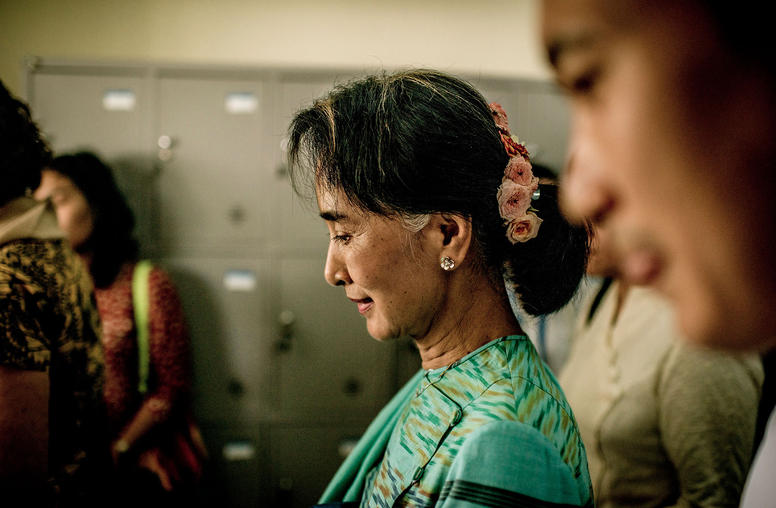
Myanmar's government -- time for course correction?
Myanmar at the end of March will mark the first anniversary of the historic ascension to power of the National League for Democracy under its leader Aung San Suu Kyi. Those who experienced the euphoria after the embattled opposition's landslide victory in November 2015 will never forget this unlikely culmination of more than a quarter of a century of struggle -- at the cost of many lives -- for democracy, peace and justice.
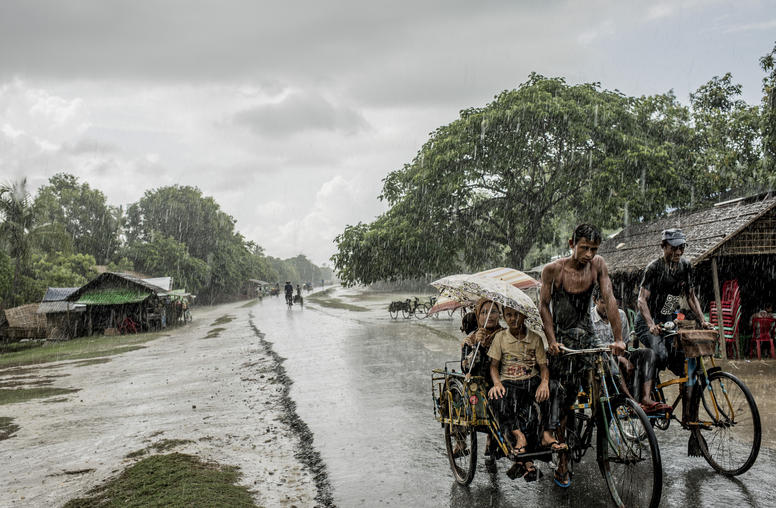
Cautious Optimism on Burma’s Arduous Path to Peace
A year after Burma’s pro-democracy leader, Aung San Suu Kyi, took office, her country’s transition from military rule toward democracy and peace has made progress—but continued fighting underscores the need for faster progress, said diplomats, scholars and other analysts who convened at USIP on March 16.
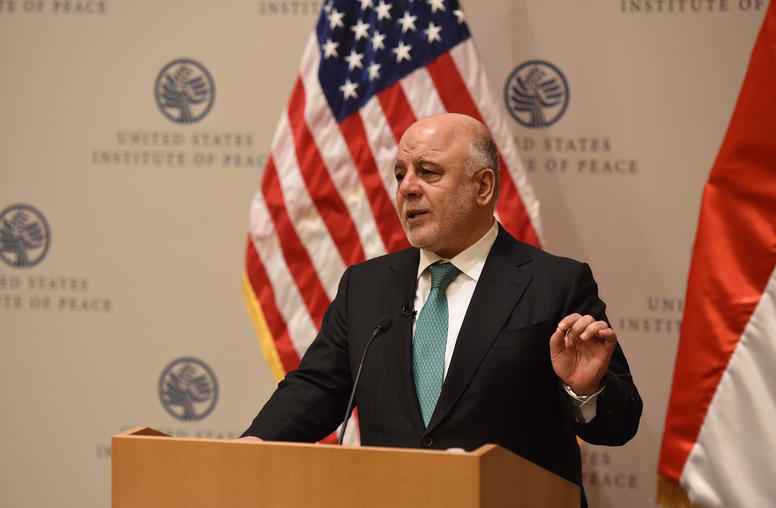
Iraqi Prime Minister Says Trump Offers Support
Iraqi Prime Minister Haider al-Abadi, speaking at the U.S. Institute of Peace after his first meeting with President Donald Trump, said the new U.S. administration is “prepared to do more” to fight terrorism than its predecessor, but he cautioned that military force alone won’t defeat ISIS. Abadi said his government is trying to gain the trust of the Iraqi people by reducing abuses by security forces, ensuring that areas recaptured from ISIS are stabilized and making the government more accountable.
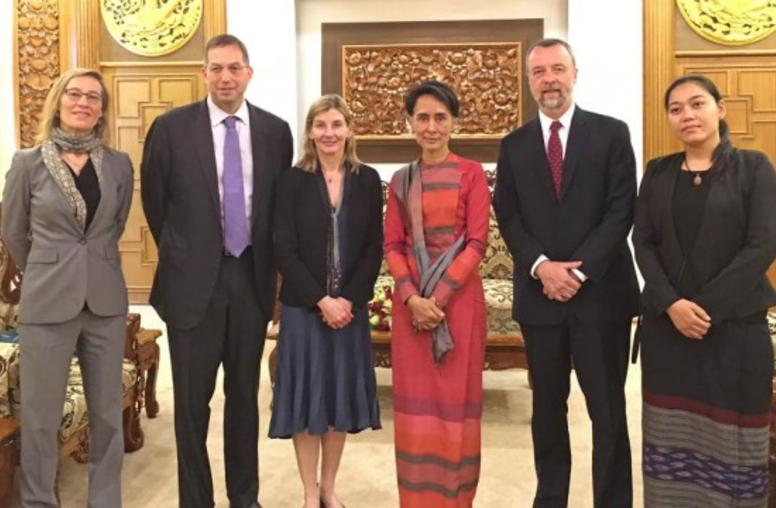
Burma is Still on the Rocky Road to Democracy
When the iconic democracy champion Aung San Suu Kyi won her historic, landslide election in Burma (Myanmar), she was met by soaring expectations, as well as by the formidable challenges of violent conflicts, a stuttering economy and the significant constraints of sharing authority with a still-powerful military.
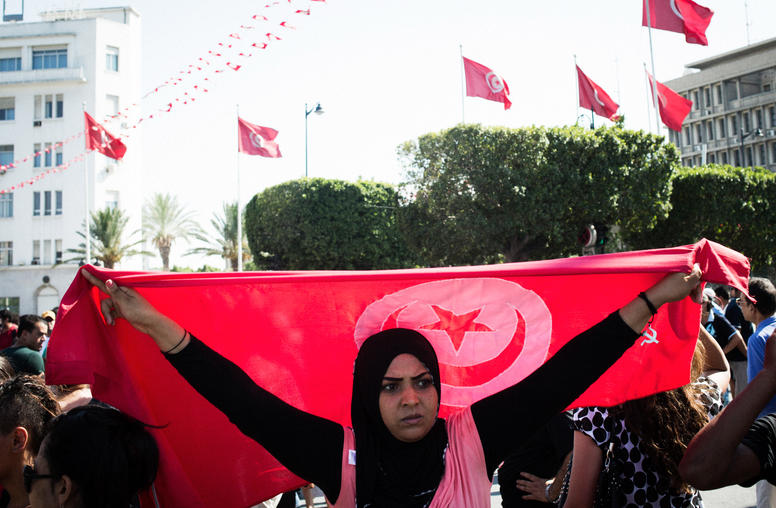
Aid Remains Key to a Counter-ISIS Plan, Tunisia Says
As the Trump administration prepares an international conference to shape strategy against ISIS, the plan should include economic aid to undercut extremist recruitment, Tunisia’s foreign minister said March 14. Financial help is essential to help nations at risk, such as Tunisia, offer jobs and futures for unemployed, disillusioned youth, Foreign Minister Khemaies Jhinaoui told an audience at USIP.
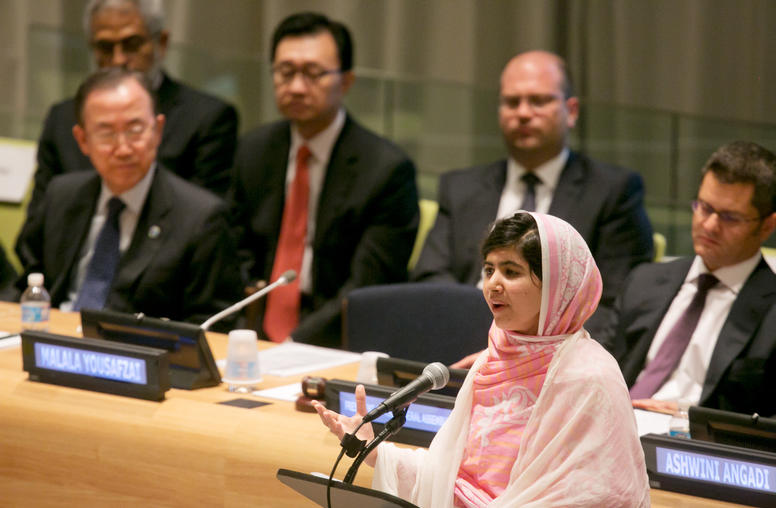
Why International Women’s Day Matters
When Mahatma Gandhi was leader of the Indian National Congress in 1921, he advocated for women’s rights as key to modernizing Indian society. He understood that you cannot change a society peacefully without turning to women, half of the population, to make it happen. In an open letter in 1930, he wrote, “If nonviolence is the law of our being, the future is with women.” It was a radical idea at the time to make women, who usually are invisible, visible. It’s still radical today.